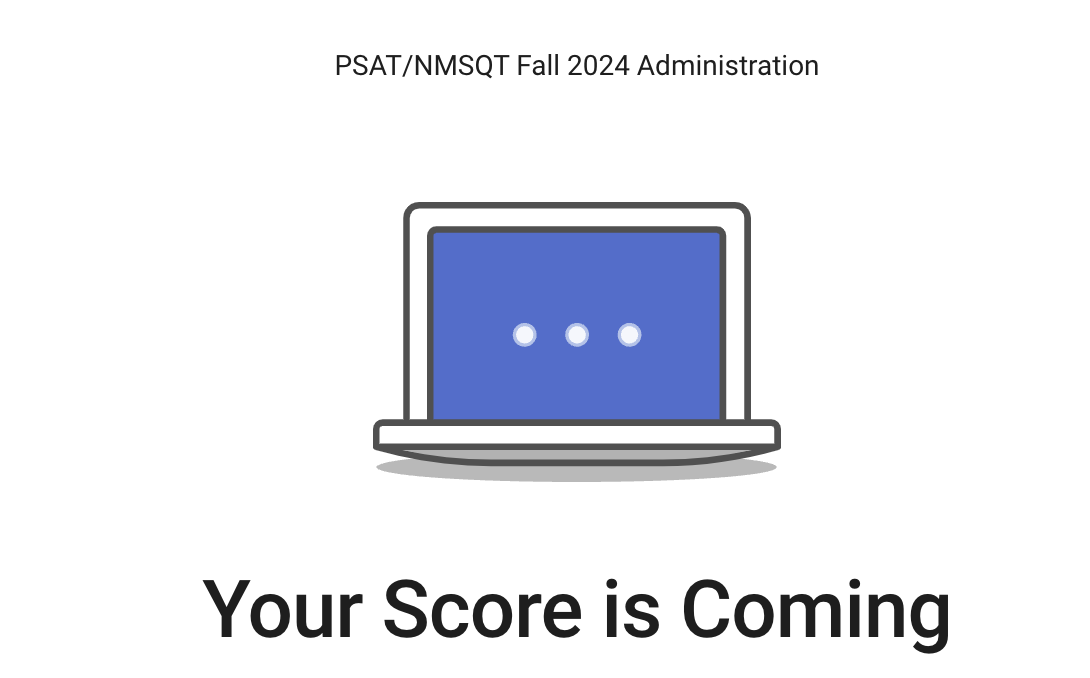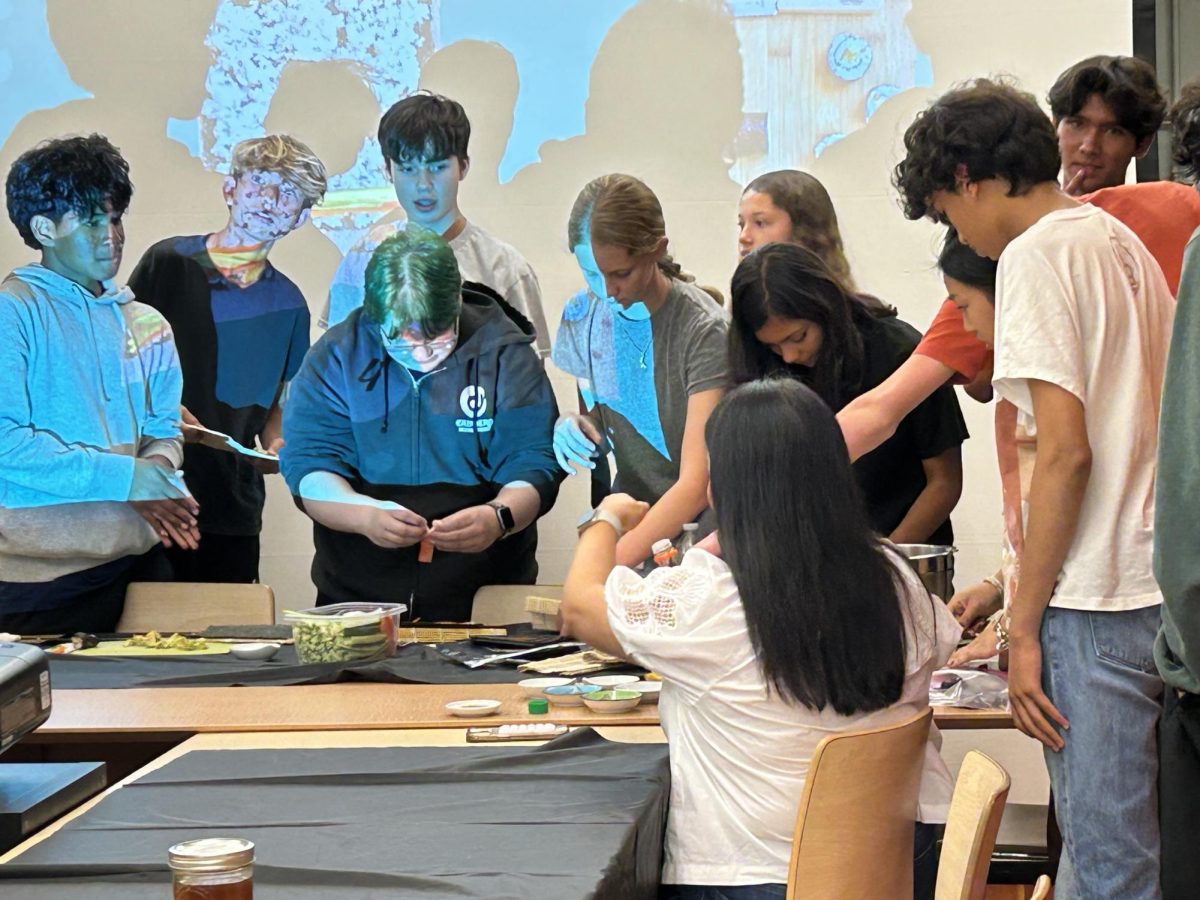At the end of October, many students received their Scholastic Aptitude Test (SAT) and Preliminary Scholastic Aptitude Test (PSAT) scores from College Board. However, in recent years, many colleges have been decreasing their usage of these scores in regards to admissions.
Many colleges, such as the Universities of California (UC) system have become “test-optional,” or even “test-blind”, meaning that they do not require applicants to submit test scores such as the SAT. However, many students have been taking the SAT and PSAT regardless. Some colleges still require SAT scores, which many seniors have been taking in order to increase their chances of admission. In addition, every junior took the PSAT, as preparation for the SAT and to qualify for the National Merit Scholarship Program. Outside of the junior class, some sophomores, including Sujatha Mallampati, took the PSAT on College Day. While her score does not qualify her for National Merit, Mallampati felt she gained practice and experience dealing with these tests.
“It was a little [stressful], but not as much as it could have been,” Mallampati said.
Junior Aaron Mahoney who took the PSAT along with the rest of his class, comments on how taking the PSAT as a sophomore was helpful.
“Doing the PSAT last year, it got me used to the format of [the PSAT], and how it’s timed,” Mahoney said.
Junior Michael Tellis took the SAT in October, soon after College Day. This allowed him to compare the SAT and PSAT soon after taking both.
“The SAT is [just like] the PSAT, plus four or five really hard math questions,” Tellis said. “English, for me, is about the same.”
Tellis also reflected on the lack of access to the SAT due to less testing areas, especially in the Bay Area, and a rise of test takers.
“There’s so many people taking it now, because many private schools are bringing back the test,” Tellis said. “The test optional [applications] didn’t really work.”
Although he thoroughly prepared himself for the PSAT, Mahoney did not stress over it. He expressed that the PSAT, and the SAT, has a much smaller effect on college admissions than in previous years.
“People are a lot more than just their test scores,” Mahoney said.
Mallampati expressed agreement. Some colleges, such as Harvard, Yale and Cornell, have thought the same, and worked similar ideas into a new “Holistic Admissions Process”.
“Test scores just aren’t really accurate to measure a person’s [intelligence],” Mallampati said. “The idea that if you take a test and then you screw up, then that goes on the record that college’s use to determine [admissions], doesn’t seem pragmatic.”






